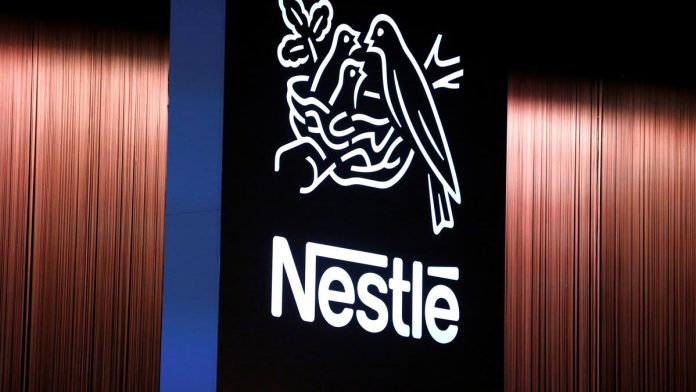A recent investigation by Public Eye stirred up a major controversy involving the world’s largest consumer goods company Nestle. As per the findings of the research, two of the best-selling baby-formula brands by Nestle in India, Cerelac and Nido, allegedly contain high levels of added sugar.
About the research findings: Are infants’ health compromised?
According to the report, Nestle’s baby formula manufacturing method for several Asian, African, and Latin American countries includes the addition of extra sugar and honey to infant milk and cereal products. This is considered a direct violation of standard international guidelines adopted to prevent obesity and other chronic diseases.
The findings of the report suggested that in India, all 15 Cerelac baby products contain an average of nearly 3 grams of sugar per serving. In Ethiopia it is 5 grams and in Thailand and Senegal, the amount of added sugar per serving is nearly 6 grams while a similar product is being sold with zero added sugar in the developed countries including Germany, UK and Switzerland.
The experts’ take on consumption of added sugar
Highlighting the detrimental effects of consuming added sugar from an early age, several health experts have termed the practice addictive, dangerous and unnecessary.
As per the Public Eye report, Rodrigo Vianna, epidemiologist and Professor at the Department of Nutrition of the Federal University of Paraiba in Brazil, said “This is a big concern. Sugar should not be added to foods offered to babies and young children because it is unnecessary and highly addictive.”
“Children get used to the sweet taste and start looking for more sugary foods, starting a negative cycle that increases the risk of nutrition-based disorders in adult life. These include obesity and other chronic non-communicable diseases, such as diabetes or high blood pressure,” he added.
The report also included a strong criticism from World Health Organization (WHO) scientist Nigel Rollins against the double standard maintained in sugar content of the baby formula sold in high-income and medium or low-income countries.
“There is a double standard here that can’t be justified,” Rollins said, adding that the practice “is problematic both from a public health and ethical perspective.”
How did Nestle defend itself?
As the controversy surfaced, the Nestle India spokesperson however maintained that being a global brand, Nestle completely acts in compliance with all local regulations and international standards, and has already taken a step towards cutting down added sugars across its infant cereal range by up to 30% in the last five years.
“Over the past five years, Nestlé India has reduced added sugars by up to 30%, depending on the variant, in our infant cereals portfolio (milk cereal-based complementary food) (Agencies)


